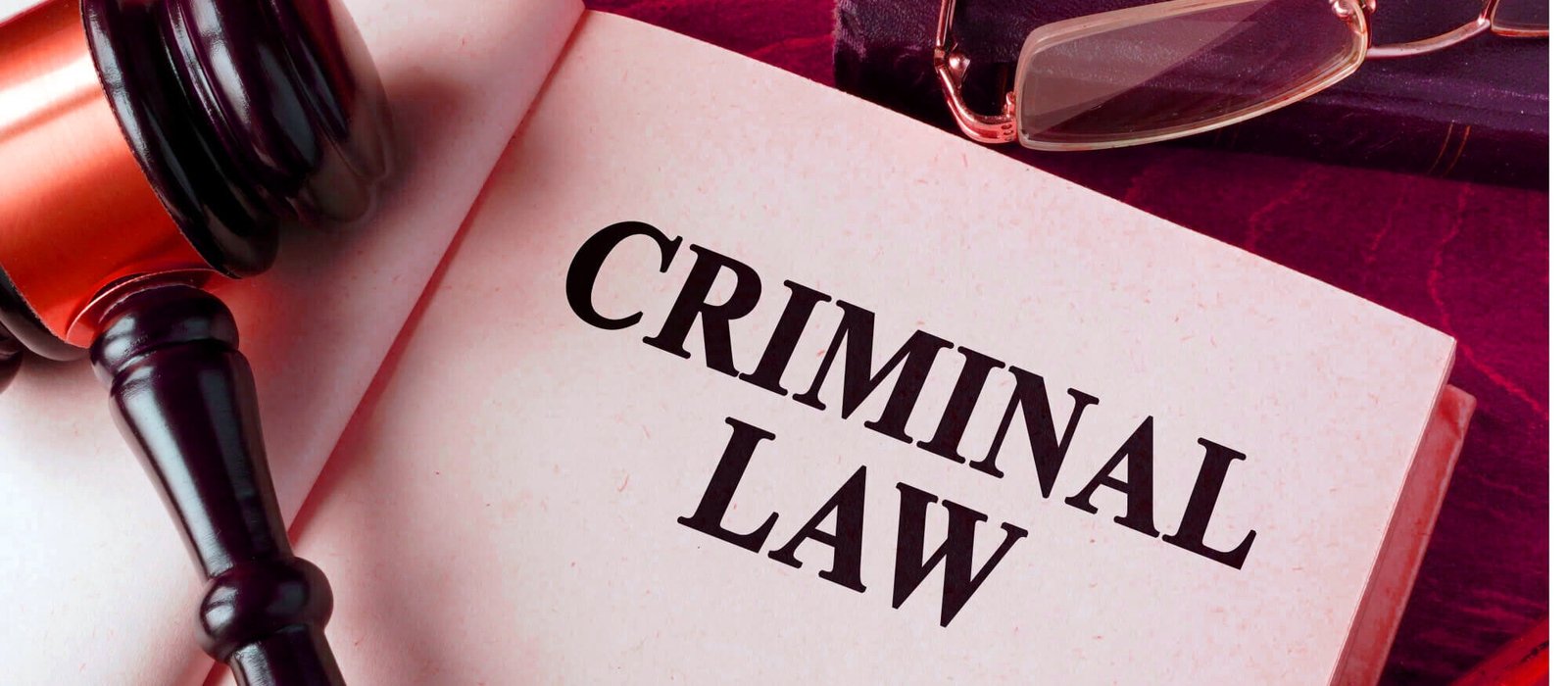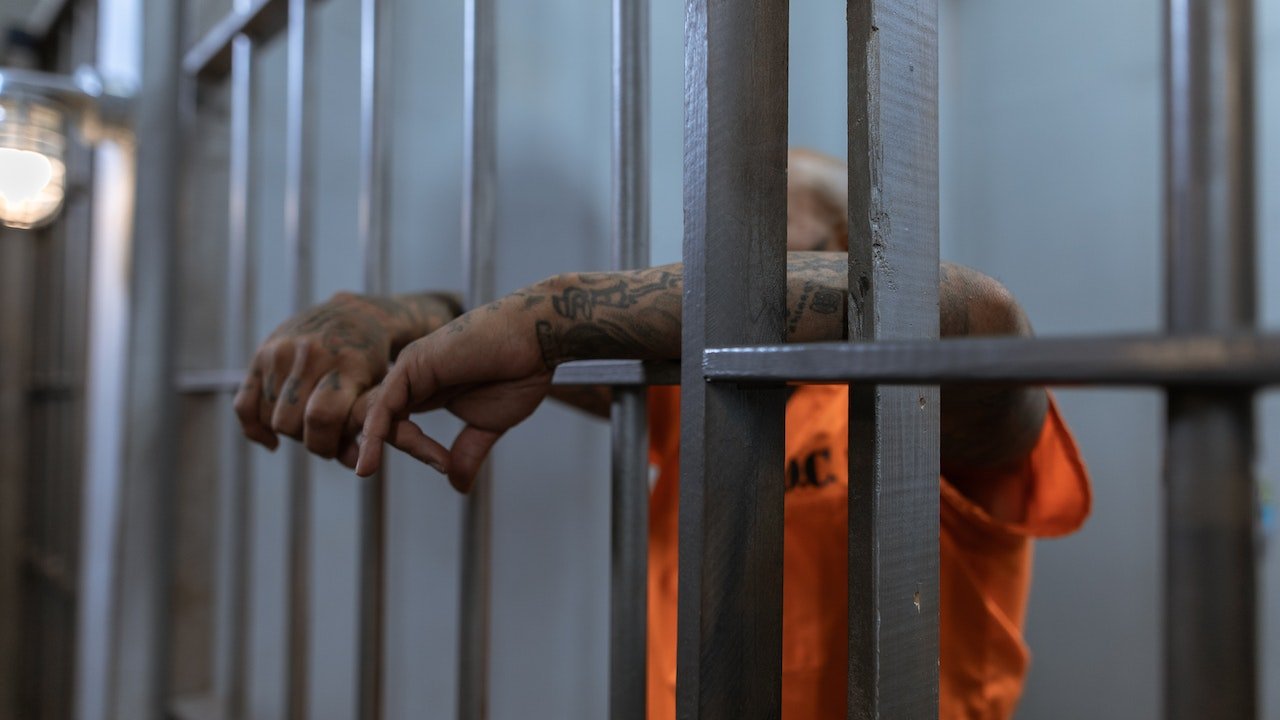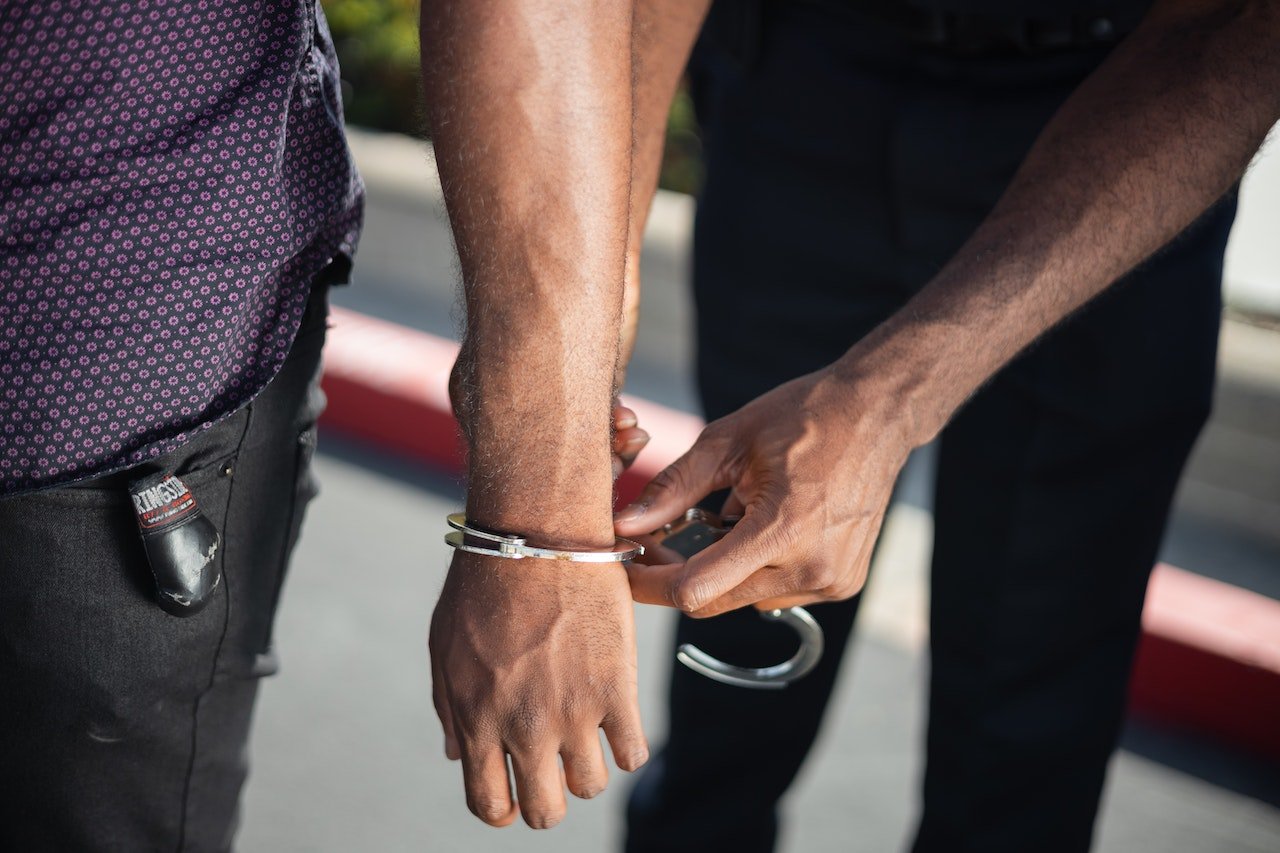An Overview of the Criminal Justice System and Your Rights

In today’s world, understanding the criminal justice system and your rights within it is more important than ever. Whether you’re an ordinary citizen going about your daily life or someone who finds themselves entangled in the legal system, knowledge of the criminal justice system and your rights can make a significant difference in the outcomes of legal proceedings. This article will provide a comprehensive overview of the criminal justice system and the rights you should be aware of.
Contents
- 1 The Structure of the Criminal Justice System
- 2 Key Components of the Criminal Justice System
- 3 Your Rights Within the Criminal Justice System
- 4 How the Criminal Justice System Works
- 5 Common Misconceptions about the Criminal Justice System
- 6 The Role of a Criminal Defense Attorney
- 7 Recent Changes and Reforms in the Criminal Justice System
- 8 Juvenile Justice System
- 9 Your Rights in Police Interactions
- 10 Protecting Your Rights During Arrest
- 11 Common Legal Terms You Should Know
- 12 The Impact of Technology on the Criminal Justice System
- 13 The Criminal Justice System and Racial Disparities
- 14 Conclusion
- 15 FAQs
Importance of Understanding Your Rights
Having a grasp of your rights is fundamental because they are the safeguards that protect you from unjust treatment within the criminal justice system. Knowing what to expect and how to navigate the legal process can be invaluable.
The Structure of the Criminal Justice System
The criminal justice system is composed of three primary components:
Law Enforcement
This includes agencies like the police, who are responsible for enforcing the law, investigating crimes, and apprehending suspects.
Courts
Courts play a vital role in the adjudication of cases. They ensure that trials are conducted fairly, witnesses are heard, and evidence is considered.
Corrections
The corrections system manages convicted individuals, including imprisonment, parole, and probation.
Key Components of the Criminal Justice System
Understanding the key components of the criminal justice system is crucial for anyone involved in legal proceedings.
Arrest
The process begins with an arrest, where a person is taken into custody, typically by law enforcement officers.
Booking
After arrest, the suspect is booked, which involves recording personal information and details of the alleged offense.
Initial Appearance
At the initial appearance, the accused is informed of their charges and their rights, including the right to an attorney.
Preliminary Hearing
A preliminary hearing is held to determine if there is enough evidence to proceed to trial.
Arraignment
The defendant is formally charged, and they enter a plea.
Trial
The trial is a crucial stage where the evidence is presented, witnesses are called, and a judgment is reached.
Sentencing
After a conviction, the sentencing phase determines the punishment or rehabilitation plan.
Corrections
The offender serves their sentence either in prison or through other corrective measures.
Read More: The Intersection of Civil Rights Laws and Criminal Justice 2023
Your Rights Within the Criminal Justice System

Your rights are an integral part of the criminal justice system. Understanding them is essential to protect yourself.
Right to Remain Silent
You have the right to remain silent and not incriminate yourself during questioning.
Right to an Attorney
If you cannot afford an attorney, one will be provided for you. An attorney can provide legal advice and representation.
Right to a Fair Trial
You are entitled to a fair and impartial trial, free from bias and prejudice.
Right to Due Process
Due process ensures that your legal rights are protected throughout the legal process.
How the Criminal Justice System Works
To fully grasp the system, you must understand how it operates, from investigation to appeals.
Investigation
Law enforcement gathers evidence and information about a crime.
Charging
The prosecutor decides whether to file charges based on the evidence.
Trial
The trial allows both sides to present their case.
Sentencing
The judge determines the appropriate punishment.
Appeals
Convicted individuals may seek legal recourse through the appeals process.
Common Misconceptions about the Criminal Justice System
There are many misconceptions about the criminal justice system that need clarification.
The Role of a Criminal Defense Attorney
Understanding the role of a criminal defense attorney and how to select the right one is critical.
The Importance of Legal Representation
A skilled attorney can significantly impact the outcome of a case.
How to Choose the Right Attorney
Selecting the right attorney is crucial. Consider their experience and reputation.
Recent Changes and Reforms in the Criminal Justice System
The criminal justice system is continuously evolving. Learn about recent changes and reforms.
Juvenile Justice System
The juvenile justice system differs from the adult system in significant ways.
How it Differs from the Adult System
Understand the unique considerations of the juvenile justice system.
Special Considerations for Juveniles
Juveniles have distinct rights and protections.
Your Rights in Police Interactions
Understanding how to protect your rights during police interactions is essential.
Understanding Police Procedures
Know what to expect during encounters with law enforcement.
Dealing with Search and Seizure
Learn how to protect your privacy and property.
Protecting Your Rights During Arrest
Being informed about what to do if you’re arrested can be a lifesaver.
What to Do if You’re Arrested
Stay calm and exercise your right to remain silent.
The Miranda Warning
Understand your rights as read to you by law enforcement.
Common Legal Terms You Should Know
Familiarize yourself with legal terminology to navigate the system effectively.
The Impact of Technology on the Criminal Justice System
Technology has brought significant changes to the legal landscape.
The Criminal Justice System and Racial Disparities
Addressing racial disparities within the system is crucial for a just society.
The Need for Equity
Efforts to ensure equity are ongoing and vital.
Read More: The Difference in Civil and Criminal Trials 2023
Conclusion
In conclusion, knowledge of the criminal justice system and your rights is not only a fundamental aspect of being an informed citizen but also a crucial shield when facing legal challenges. Understanding the structure, key components, and the role of your rights within the system empowers individuals to navigate it effectively and ensure a just and fair legal process. By being aware of your rights and the inner workings of the criminal justice system, you can protect yourself, seek legal recourse, and contribute to a society where justice is served and individual liberties are upheld.
FAQs
How can I protect my rights during a police encounter?
When dealing with law enforcement, remember your right to remain silent and request an attorney. Be respectful and compliant, but assert your rights.
What is the difference between the juvenile justice system and the adult system?
The juvenile justice system is tailored for minors, with an emphasis on rehabilitation and education, whereas the adult system focuses more on punishment and incarceration.
How can I choose the right criminal defense attorney?
Research potential attorneys, consider their experience, and meet with them to discuss your case. Choose someone you feel comfortable working with.
What reforms have been made to the criminal justice system recently?
Reforms vary by location, but many aim to reduce mass incarceration, address sentencing disparities, and promote fairness and equity in the system.
Why is addressing racial disparities in the criminal justice system important?
Addressing racial disparities is essential to ensure that all individuals are treated fairly and equally under the law, promoting a just society.





